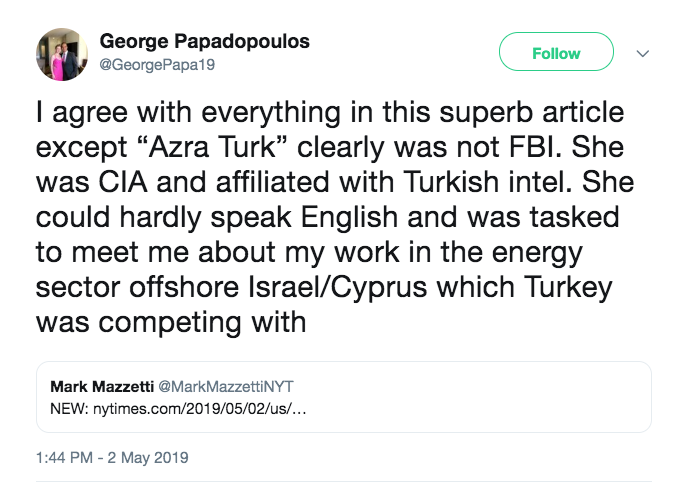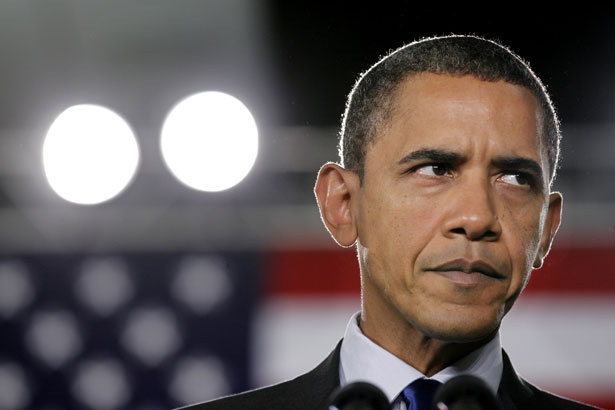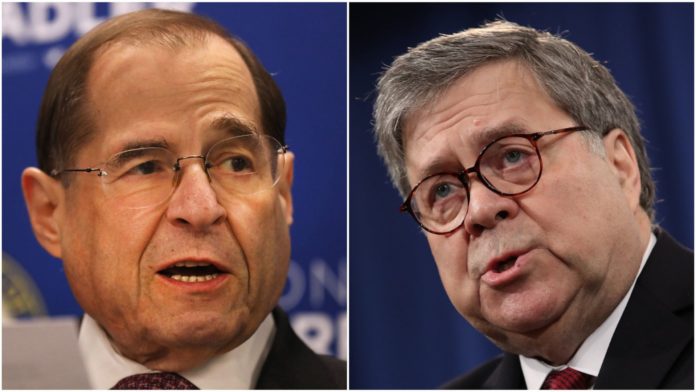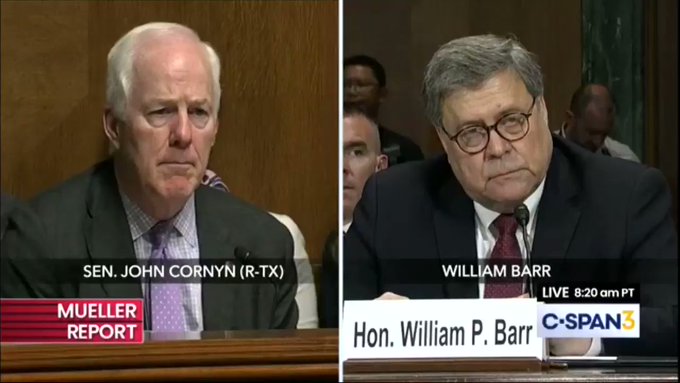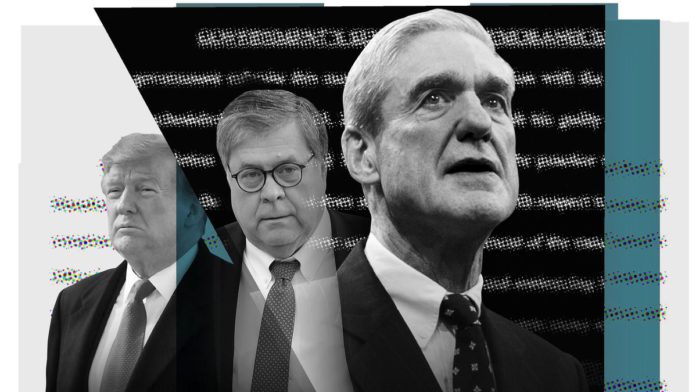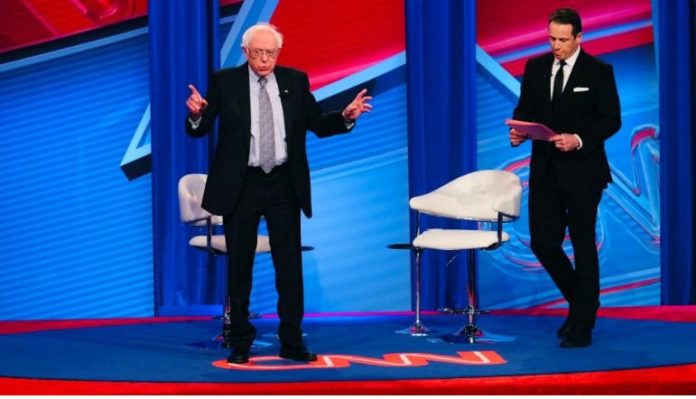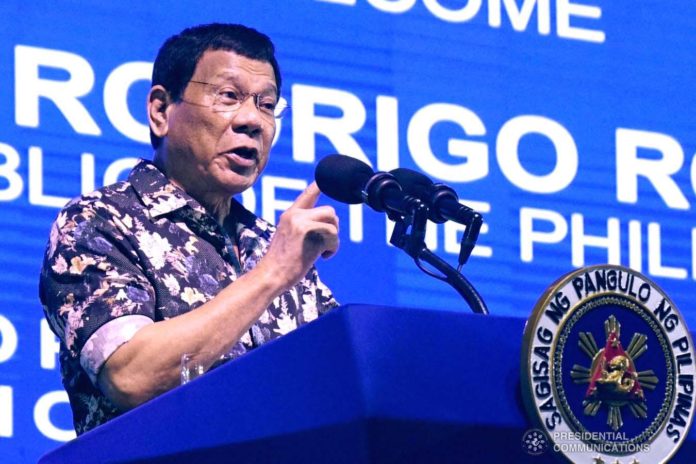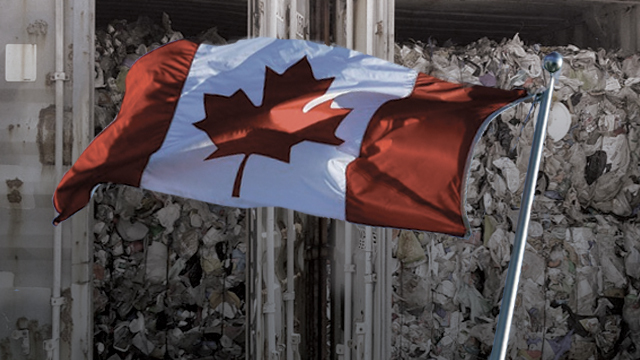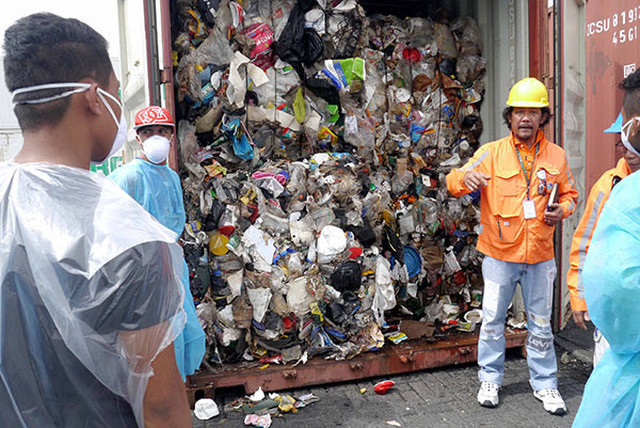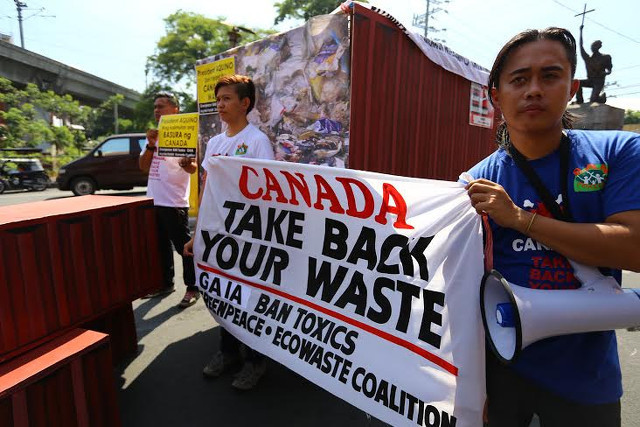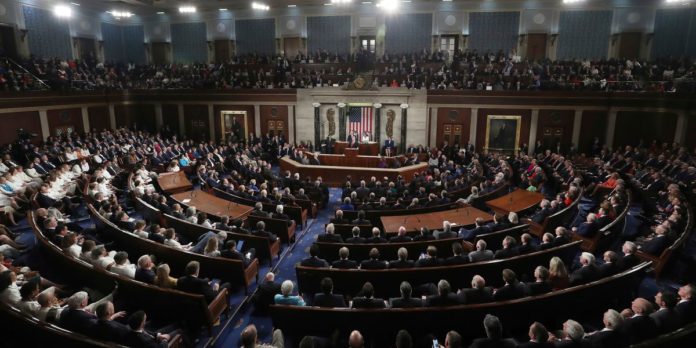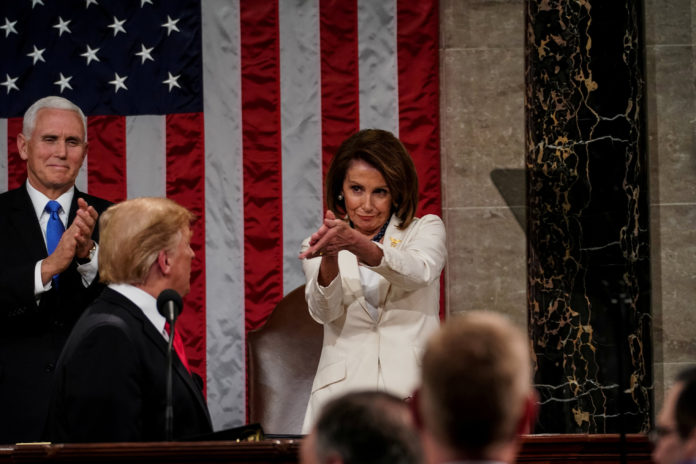There are rules against using the power and authority of a prosecutor to smear a defendant without giving him his day in court.
CNN recently published an article arguing that Special Counsel Robert Mueller should not have issued a report suggesting the president may have committed obstruction of justice without actually reaching this conclusion. CNN is obviously disappointed because inside the leftist echo chamber the obstruction case seems indisputable.
For example, the Mueller report suggests that the president committed some kind of sin for wanting to fire former FBI director James Comey for being a party to the plot to blackmail or frame the president. Some believe presidents should fire FBI chiefs who participate in hoaxes against their boss.
Mueller did no favor to CNN’s client Democrats, who now face three terrible choices: (1) Impeach President Trump using their majority in the House, which will lead to a self-destructive trial in the Senate; (2) Drop it and move on in defiance of a rabid get-Trump base; or (3) use their majority in the House to drag the country through a Mueller 2.0 investigation, which runs the risk of distracting from Democratic messaging in the upcoming 2020 election.
Like Aesop’s scorpion on the frog’s back, the partisans on Mueller’s team just couldn’t help themselves. The Mueller report poisons public opinion without bringing charges. It should have been written on a postcard because the outcome of a criminal proceeding is binary: Guilty or not guilty. There’s no middle ground under constitutional principles. President Trump is not guilty until the Senate convicts him otherwise.
Do you remember why Deputy Attorney General Rod Rosenstein wrote that Comey should be fired? If Rosenstein is still capable of embarrassment, it must have been hard to stand behind the lectern as he did what he has told us prosecutors and cops should never do.
Let’s review his words about Comey: “the [FBI]Director ignored another longstanding principle: we do not hold press conferences to release derogatory information about the subject of a declined criminal investigation. Derogatory information sometimes is disclosed in the course of criminal investigations and prosecutions, but we never release it gratuitously. The Director laid out his version of the facts for the news media as if it were a closing argument, but without a trial. It is a textbook example of what federal prosecutors and agents are taught not to do.”
Yet here we are, at the end of another highly political investigation with another public trashing of a target without indictment. People accused of “obstruction” or “collusion” (whatever that is) or any other crime are supposed to get their day in court. Prosecutors aren’t supposed to use the newspaper as a courtroom.
There are rules against using the power and authority of a prosecutor to smear a defendant without giving him his day in court. If Democrats impeach the president, he will receive a long-overdue opportunity to defend himself in the Senate. That is exactly why it will never happen.
Americans should be concerned about the conduct of the Mueller probe and its supervisor, Rosenstein. Let’s take a look at some of the basic law-and-order rules Mueller and Rosenstein broke during the probe of the Russia collusion hoax.
1. Using Leaks And Press Conferences to Trash Un-charged Targets
Rule 3.8 of the American Bar Association’s rules of professional responsibility for prosecutors provides,
A prosecutor shall, except for statements that are necessary to inform the public of the nature and extent of the prosecutor’s action and that serve a legitimate law enforcement purpose, refrain from making extrajudicial comments that have a substantial likelihood of heightening public condemnation of the accused and exercise reasonable care to prevent investigators, law enforcement personnel, employees or other persons assisting or associated with the prosecutor in a criminal case from making an extrajudicial statement that the prosecutor would be prohibited from making under Rule 3.6 or this Rule.
Mueller’s team violated this rule from virtually day one, and their final report makes no effort to hide this fact. Footnotes 561-563 cite news accounts that the president was being investigated for obstruction of justice. The sources for those news accounts? Likely Mueller’s team.
Much of the “obstruction” evidence comes from the statements of White House counsel John McGahn. We’ve known since at least January of 2018 about McGahn’s statement from “four people told of the matter.” Who would four people be who would confirm what McGahn said? Again, likely the leaks came from Mueller’s team.
For a longer list of Mueller leaks, read here. In fact, the entire report relies heavily on news accounts and indictments, neither of which constitute evidence but do remain effective for public reputation smearing.
Rosenstein, always an excellent source of legal guidance he liberally violates, spectacularly failed to direct Mueller to adhere to this principle, ““The guidance I always gave my prosecutors and the agents I worked with during my tenure on the front lines of law enforcement were if we aren’t prepared to prove our case beyond a reasonable doubt in court, then we have no business making allegations against American citizens.”
So why didn’t he order Mueller to edit out the report’s innuendo and accusation that the team did not have the gumption to prosecute? Rosenstein understands the unfairness of what he did. And he did it anyway.
2. Using Their Power to Crush Client-Attorney Privilege
Rule 3.8 also provides,
A prosecutor shall not subpoena a lawyer in a grand jury or other criminal proceedings to present evidence about a past or present client unless the prosecutor reasonably believes:
(1) the information sought is not protected from disclosure by any applicable privilege;
(2) the evidence sought is essential to the successful completion of an ongoing investigation or prosecution; and
(3) there is no other feasible alternative to obtain the information;
When one considers the fact that Mueller knew early on, if not from day one, that there was no Russia collusion, it’s pretty hard to argue that the special counsel’s many invasions of attorney-client privilege were “essential to the successful completion of an ongoing investigation.”
Mueller has inflicted incalculable damage to the sacred principle of attorney-client privilege. We now know that prosecutors had search warrants collecting electronic files of the president’s private attorney within weeks of the special counsel appointment. Mueller’s team went on to coordinate a raid of Michael Cohen’s office, leading to shocking and public invasions of the attorney-client privilege.
One of Mueller’s first acts was the warrantless seizure of all of the president-elect’s emails for the entire team without regard to privilege. Add to that the now-public disclosure of Trump’s communication with McGahn, which resulted in no illegal presidential action.
We want our president, and all Americans, to be able to have a confidential conversation with his legal advisor, possibly blowing off steam or even contemplating unwise acts, without those conversations ending up in a special counsel report. It is the essence of an attorney-client relationship that the attorney is given the opportunity to confidentially guide his client away from rash action.
Because of the damage, Mueller has done, future presidents may now avoid their White House counsel for fear that a special counsel will publicize the conversation. Instead, the president may act without counsel. That’s bad.
3. Prosecuting Despite Knowing They Can’t Prove Their Case
Rule 3.8 also provides “The prosecutor in a criminal case shall: refrain from prosecuting a charge that the prosecutor knows is not supported by probable cause.”
Notwithstanding that the key collusion allegation had already been disproven before Mueller first turned on the lights in the special counsel’s office, for nearly two years Mueller has been trying President Trump in the court of public opinion. This is more than a mere expression. The venue for trying the president is in the Senate under Article I, Section 3 of the Constitution, and the constitutional framers always intended that senators make their decisions based in part on the opinions of the electorate they represent.
There’s no apparent legitimate explanation for the Mueller probe to have continued the “hunt” for Russia collusion after both the House and Senate concluded their investigations finding the same thing Mueller eventually admitted. Yet another election in 2018 proceeded under that cloud and the Democrats made significant gains from motivated voters looking forward to the impeachment of a Russia-colluding president. Was the investigation left open just to gin up process crimes and tempt the president to “obstruct” an otherwise stationary investigation?
Imagine responding to a subpoena from Mueller and having to cough up voluminous financial and personal records. Now consider the fact that Mueller issued approximately 2,800 subpoenas—almost six per business day while the probe remained open. How on earth did they even review that much information?
Imagine yourself sitting through an interview with an FBI agent that might last hours. Imagine trying hard to answer the same question over and over again without contradicting yourself. Imagine searching your memory for what you said in an email or text message years ago, praying your memory remains true lest you be charged with a felony.
Now consider that 500 Americans were interrogated by federal agents during the probe—one per business day. Finally, imagine federal agents looking through your private email, pictures, and other electronic data. Imagine FBI agents swarming your house with guns drawn. Mueller executed approximately 500 search warrants against our fellow Americans, all to no end.
4. Special Counsels Aren’t Supposed to Be a Partisan Hit Squad
Federal law regarding the “Independence of the Special Counsel” says: “An individual named as Special Counsel shall be a lawyer with a reputation for integrity and impartial decisionmaking, …. The Special Counsel shall be selected from outside the United States Government.”
Mueller should not have been selected as the special counsel, due to his close personal relationship with Comey. Further, his entire staff was clearly not impartial.
As one example, the prominent attorney Jeannie Rhee worked for the Clintons to keep Hillary’s emails out of public view only months before joining the Mueller team to investigate Hillary’s political opponent. Clinton might face legal consequences for secretly starting the Russia collusion hoax using campaign funds.
Is it a surprise that Clinton’s role in hiring Fusion GPS appears nowhere in the report? Instead, on the very first page of the report, Mueller’s team repeats the myth that the investigation began with Trump campaign advisor George Papadopoulos bragging to an Australian diplomat. This is the desperate cover story the media pushes to hide Clinton’s obvious effort to use campaign money to frame her political opponent.
Prosecuting Papadopoulos was key to advancing this myth because it distorted an early but innocuous “Russia has dirt” conversation into a sinister predicate for the entire hoax. Who worked on the Papadopoulos prosecutions? Jeannie Rhee.
Many of the other investigators involved in the investigation were “not from outside the United States Government,” and were already heavily involved in the hoax. You can read an in-depth analysis of the partisanship of the Mueller team here and here. This is not only a terrible look but actually contradicts federal law governing special counsels. Does anyone care?
5. Rosenstein Used His Government Position to Protect Himself
Federal conflict of interest law (28 C.F.R. § 45.2 (a)) says:
Unless authorized under paragraph (b) of this section, no employee shall participate in a criminal investigation or prosecution if he has a personal or political relationship with: (1) Any person or organization substantially involved in the conduct that is the subject of the investigation or prosecution; or (2) Any person or organization which he knows has a specific and substantial interest that would be directly affected by the outcome of the investigation or prosecution.
The Mueller report repeatedly references the indispensable role Rosenstein played as a witness (when he was supposedly supervising the investigation). As I predicted, the special counsel found no fault with Rosenstein’s participation in the Comey firing. Would Rosenstein have approved a report that said otherwise?
Of course not. This created a powerful motive for Rosenstein to hang around until the report was submitted. And that’s exactly what he did. Consider this line from the report: “Sessions and Rosenstein criticized Corney and did not raise concerns about replacing him. McGahn and Dhillon said the fact that neither Sessions nor Rosenstein objected to replacing Corney gave them peace of mind that the President’s decision to fire Corney was not an attempt to obstruct justice.”
What’s missing? Oh, how about a little post-Comey firing incident in which Rosenstein discussed recording his conversation with the president in order to recruit cabinet members to oust Trump under the 25th Amendment. One can imagine the awkward conversation in which Mueller asked Rosenstein for permission to interview Rosenstein.
Footnote 426 specifically cites Rosenstein’s May 23, 2017 statement to the special counsel as evidence. May 23, 2017? That’s less than a week after Rosenstein appointed Mueller to investigate the president for firing Comey. The conflict of interest was known immediately and should have been addressed.
The explanation justifying Rosenstein’s continued participation is nonsensical. In any case, Rosenstein should not have overseen the investigation into the president’s motives because, guess what, the investigator ended up taking a view of the facts that helped Rosenstein.
The get-Trump crowd has been carrying the scorpion of the Mueller investigation on their backs for nearly two years. The damage this has done to America may never be undone. The zealots claiming Trump to be a threat to the rule of law have proven themselves right by using their outrage to trample important constitutional principles such as the presumption of innocence, the right to defend oneself from criminal accusations, attorney-client privilege, and the right to be free from unreasonable searches.
None of that seemed important if we truly had a Russian agent occupying the White House. But we don’t. The anti-Trump zealots, not Trump, threatened these cherished principles that ensure equal treatment under the law for all Americans, even the president, regardless of the political party.
